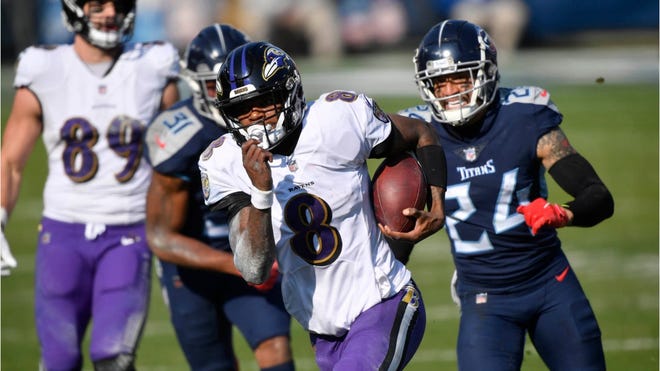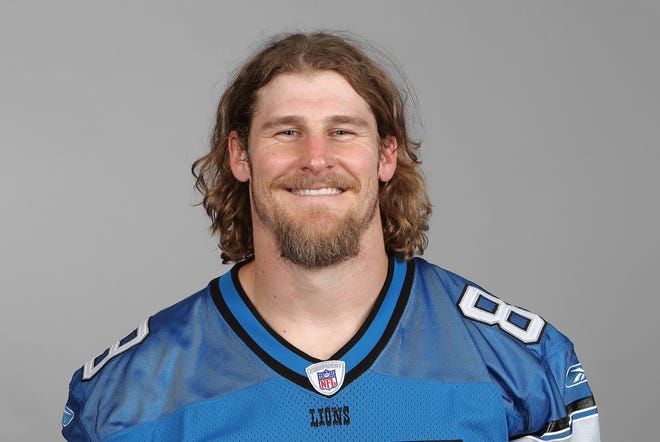
Dan Campbell is the favorite to be named the next Detroit Lions coach as of Friday night.
The 44-year-old played 11 seasons in the NFL, has coached in the NFL for 10 years, and is seemingly well-liked by those who played with and for him. He’s currently the New Orleans Saints assistant head coach and tight ends coach under Sean Payton.
But while he was a tight end at Texas A&M in the late 1990s, Campbell caused a major controversy.
Speaking at a pep rally called the “Aggie Bonfire” before a game against rival Texas in 1998, Campbell, a senior at the time, made an anti-gay remark in front of about 40,000 students, staff members and alumni, causing outrage from some students and professors, according to a media report at the time.
After expressing hatred for the Longhorns, Campbell said he was proud to attend a university where “men like women and women like men.”
TRENDING:Insight into Dan Campbell’s football philosophy

A local newspaper published an apology from Campbell in the days after the event: “I offended some people, and I’m sorry for that. It was heat of the moment. It’s not necessarily that I directed it at anyone.”
“I suffered the pain of listening to a football player tell me that A&M is NOT my university,” said Eric W. Trekell, a spokesman for Texas A&M University Allies, a support network for homosexual, bisexual, and transgendered people on the campus.
After saying nothing at the rally and facing outrage, university president Ray M. Bowen released a statement a week later, acknowledging Campbell’s words were inappropriate. “The university’s position is that the university is inclusive,” Bowen said.
THE OWNER:Lions’ Sheila Ford Hamp has a vision, knows exactly what it sounds like
READ MORE:Why Detroit Lions might have a superstar GM in Brad Holmes
DRAFT LESSON:Lions GM Brad Holmes has one very important qualification

The incident was particularly harmful for some because, according to a university spokesman at the time, Texas A&M had come a long way since the 1980s, and had incorporated many educational programs for students and faculty members that involve issues of sexual orientation.
“This university has a history of refusing to recognize its gay, lesbian, and bisexual community,” said Trekell, noting in the 1980s, a gay-student organization had to sue the university to gain official recognition.
[ Want more Lions news? Download our free mobile app on iPhone & Android! ]